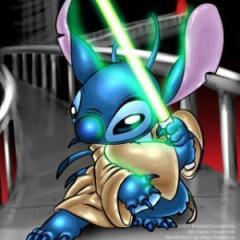Historical Sport Pictures
-
Who's Online 33 Members, 0 Anonymous, 136 Guests (See full list)
- sharkinator
- skurkiewicz
- tigersay
- Sindo
- EselTheDonkey
- Super Mario
- copravolley
- dodge
- George_D
- Benolympique
- Jesse_Pinkman)
- mrv86
- Matej
- Grassmarket
- gucardn
- regys_silva
- Rafoo
- Dragon
- mpjmcevoy
- Faramir
- nenad
- Rafa Maciel
- ChandlerMne
- james89
- Jan Linha
- hckošice
- rema
- Clandlewood
- JamDH
- Mecki83
- suchyy7
- Laraja
- intoronto


Recommended Posts
Create an account or sign in to comment
You need to be a member in order to leave a comment
Create an account
Sign up for a new account in our community. It's easy!
Register a new accountSign in
Already have an account? Sign in here.
Sign In Now